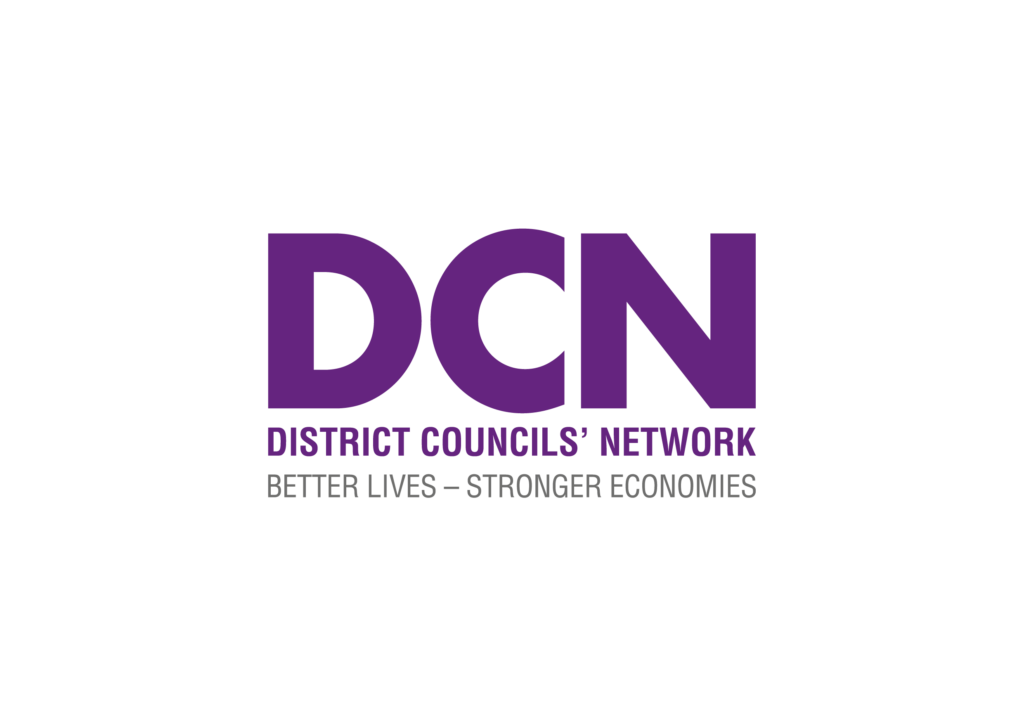Finance and Investment
District councils provide a wide range of vital frontline services to 100% of local residents. They are excellent value for money for the taxpayer and local residents:
- District councils receive less funding from central government than other types of local authority. Only 15% of district funding comes from central grant compared to 52% for English councils on average (2024-25).
- On average less than 10% of the council tax bill in two-tier county areas goes to district councils.
- District councils save money for the NHS and social care system through the preventative services they provide such as leisure and wellbeing, housing, welfare and benefits support, homelessness prevention, environmental health and parks and green spaces.
- Despite a huge real-terms reduction in spending power between 2010 and 2025 districts have continued to deliver good services for their communities.
That is why it is important that districts are sustainably funded and given additional financial freedoms and flexibility to support themselves and to further strengthen local services.
We are currently prioritising three issues for action, and have a series of aims for each:
Tackling immediate budget pressures facing districts
- Highlight the continuing pressures on district council budgets following the 2025-26 finance settlement in which district councils received a lower increase in Core Spending Power than other types of authority.
- Make the case for additional in-year funding to tackle specific pressures, such as the steep rise in energy costs for leisure centres and the impact of refugee resettlement schemes.
Protecting existing funding
- Protect existing funding for district councils in the next financial settlement to ensure that spending power rises in line with inflation as an absolute minimum.
- Ensure that any reform to the model of local government finance – including the New Homes Bonus, business rates retention, Extended Producer Responsibility and fair funding – does not leave district councils collectively worse off.
Securing long-term financial freedoms and certainty
- Make the case for new financial freedoms and fiscal devolution to empower district councils to support themselves by raising more income locally.
- Push for the proposed increases to planning fees and changes to alcohol licensing to be a prelude to a more radical shift away from central control over fees and charges.
- Secure greater certainty for councils to plan their spending and services through multi-year finance settlements and replacing the myriad of competitive funding pots with a much simpler, devolved approach.
DCN spokesperson: Cllr Jeremy Newmark
cllr.jeremy.newmark@hertsmere.gov.uk
Lead chief executive: Ian Miller
Ian.Miller@wyreforestdc.gov.uk
Related Content







